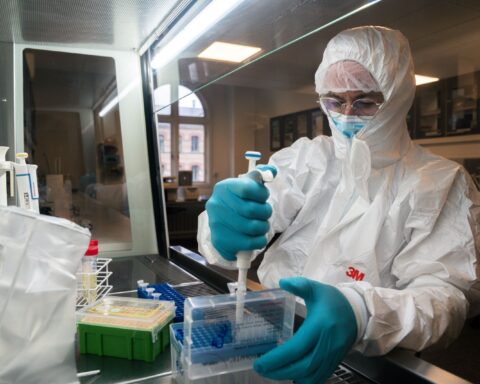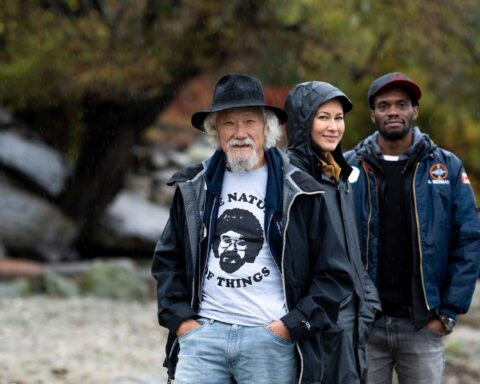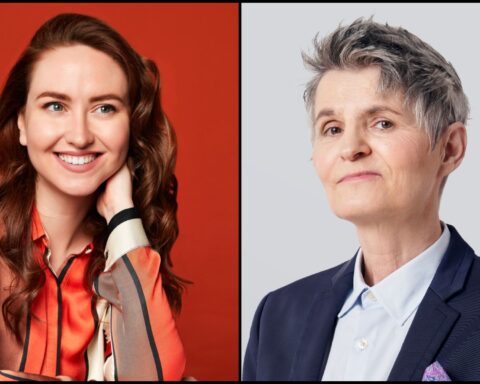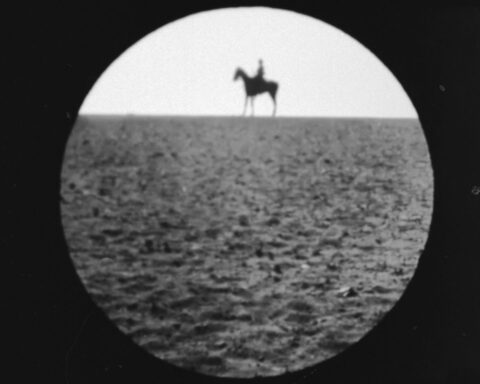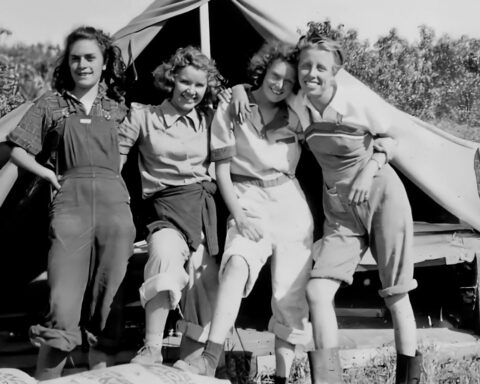Human Nature
(USA, 94 min.)
Dir. Adam Bolt
Adam Bolt puts a bun in the science oven and births something mind-boggling in Human Nature. This densely informative but surprisingly accessible documentary provides an objective study of the present state of genetic engineering. Using an extensive range of scientists, everyday people living with a range of disabilities and genetic diseases, and family members who’ve either lost loved ones or act as caregivers, Human Nature considers all the angles. It breaks it down without dumbing it down. Get ready to consider some profound philosophical questions because Bolt’s doc offers few answers.
The sheer volume of information that Human Nature presents can be overwhelming, particularly in the film’s opening act. However, the film distills some complex research quite succinctly while separating science from science fiction. The core matter of the film is the breakthrough research in clustered regularly interspaced short palindromic repeats, known (thankfully) as CRISPR. It’s a concept I can’t even try to articulate. But it basically enables geneticists to cut and paste specific strands of DNA to correct, replicate, or alter genetic information. (Here’s the Wikipedia version, the doc says it much better.)
Even if one can’t fully comprehend CRISPR, it’s bound to catch one’s attention when Human Nature links its discovery to the food industry. Apparently, the yoghurt manufacturers are way ahead of health sciences in some regards with their experiments with bacteria and genetic engineering. Perhaps the earlier breakthrough can be attributed to the moral hang-ups inextricably linked to genetic engineering.
The scientists are well versed in the ethical conundrums their research presents. Like good academics, they anticipate arguments against their efforts and have their counterarguments prepared. While the science of genetic engineering has advanced significantly in recent years, the concerns surrounding it have not. People speculate that babies will favour an idealized form, offer charges of playing God, and ask the old “what if someone cloned Hitler?” question. These are all things we’ve heard before. Human Nature connects new ideas with old queries to make the case that the time has come to put these ethical questions to the test.
The doc effectively plays to both the head and the heart by zigzagging the voices of everyday people alongside the scientists and experts. Kids like David Sanchez add fascinating dimensions to Human Nature as they speak about their experiences living day to day with the very conditions that the researchers aim to alter by studying genetics. No fussy words, no “what if?” questions, and no moral clauses weigh down these stories.
Sanchez has sickle cell anemia and Bolt takes audiences inside the boy’s hospital room where he undergoes frequent blood transfusions to keep his body oxygenated and healthy. Despite having chronic fatigue and the nuisance of hospital visits, Sanchez shrugs for the camera and admits he wouldn’t change a thing about his condition. He still plays sports even if he has to pace himself a bit differently than other kids do. He argues that having sickle cell anemia taught him patience—a rare trait in kids these days—by making him slow down and understand his body.
There are other voices, like Palmer Weiss, who speaks about her daughter Ruthie, a young girl with albinism whose sight could have been corrected with genetic engineering. Stories like these inject the film with questions of lived experience, for one cannot truly confront the questions that genetic engineering raises unless one has encountered them firsthand. At the same time, Bolt approaches the question from the other side and includes perspectives that challenge the element of “perfection” in genetics. Such rhetoric inevitably frames people living with conditions that could be corrected by genetics as somehow lesser than humans with run-of-the-mill DNA. Beyond the grand philosophical queries, Human Nature reminds audiences of the basic fundamentals of human dignity that need to be confronted while pursuing this difficult conversation.
Bolt, who previously wrote and edited Charles Ferguson’s Oscar winner Inside Job, weaves intellectual and emotional arguments into the film’s DNA. One cannot confront one element without considering the other. The film bounces the voices off one another in briskly cut conversation. The talking heads form an engaging dialogue, rather than the usual streaming of discussion points spoken at a viewer. Human Nature pulls audiences into the conversation and leaves viewers with ample thoughts and feelings to consider. It’s smart, provocative, and stimulating. This film will definitely have people talking!
Human Nature opens in Toronto Oct. 4 at Hot Docs Ted Rogers Cinema




